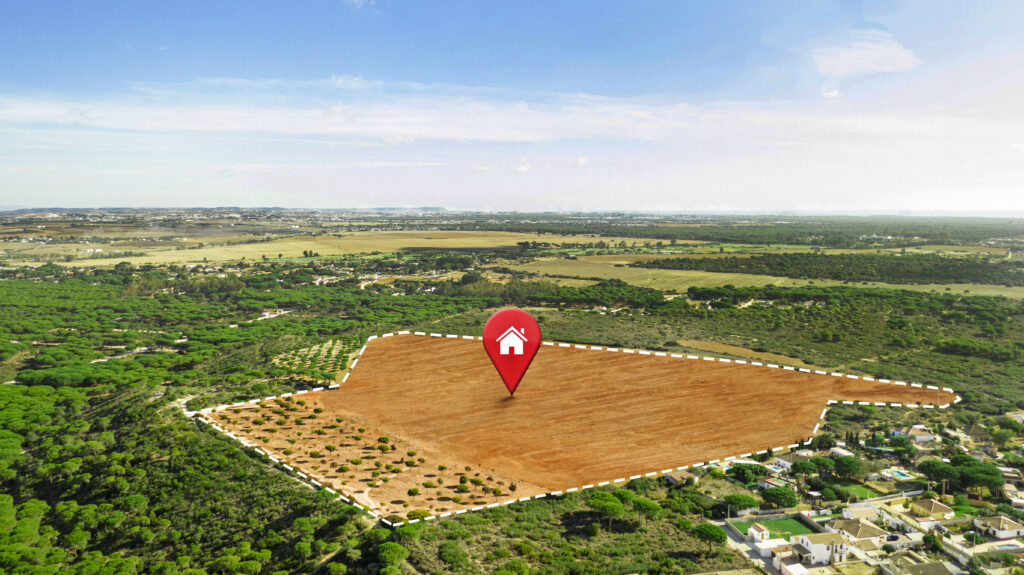The Nigerian real estate market has been an attractive option for investors over the years, especially with its potential for high returns. While major cities like Lagos and Abuja have always been the primary focus, a shift is underway towards investing in developing cities across the country. As we approach the last quarter in 2024, these emerging cities present unique opportunities for investors looking to diversify their portfolios, benefit from lower land prices, and achieve substantial growth.
In this article, we’ll delve into why investing in landed properties in Nigeria’s developing cities might be your smartest decision in 2024. From affordable prices and government-driven infrastructure development to long-term growth potential, we’ll show you why you should act fast and secure your piece of the future.
Affordable Prices with High Growth Potential: One of the primary advantages of investing in developing cities is the affordability of land. Compared to high-demand areas like Lagos or Abuja, where land prices have soared, cities like Ibadan, Abeokuta, Uyo, and Enugu offer far more affordable entry points. This affordability allows investors to buy more land or invest in prime locations that may be out of reach in the bigger cities.
For example, in cities like Ibadan, land can be acquired for as little as ₦500,000 per plot, depending on the location. In contrast, prime plots in Lagos can cost upwards of ₦100 million. This affordability opens doors to smaller investors who may not have been able to enter the Lagos or Abuja markets. More importantly, the long-term growth potential in these developing cities is significant. As infrastructure projects and population growth continue, these cities are poised to experience rapid appreciation in land values.
Government Infrastructure Developments: Government-driven infrastructure projects have been a key driver of real estate appreciation in Nigeria, and this trend is expected to continue in 2024. The Nigerian government and state authorities have been investing heavily in infrastructure in emerging cities, recognizing the importance of decentralizing urban development and reducing the pressure on Lagos and Abuja.
For instance, major road construction projects in Ibadan, such as the Ibadan Circular Road and the Lagos-Ibadan Expressway, are transforming the city’s accessibility and attractiveness for businesses and residents alike. Uyo is also experiencing significant infrastructure development, with new roads, bridges, and even plans for a tech hub that is attracting tech companies and start-ups to the area.
Government policies supporting economic diversification and industrialization in non-oil sectors are also having an impact. For instance, special economic zones are being developed in cities like Abeokuta and Asaba, aimed at fostering industries like agriculture, manufacturing, and technology. These infrastructure projects not only enhance the quality of life in these cities but also boost the value of land, making it an excellent opportunity for investors looking for long-term appreciation.
Urbanization and Population Growth: Nigeria is one of the most populous countries in Africa, and with its rapidly growing population, the demand for land, housing, and commercial properties is ever-increasing. Urbanization is playing a significant role in this trend. While Lagos and Abuja have traditionally been the focus of urban migration, more Nigerians are looking for alternatives to the congestion, high costs, and limited space in these cities.
Developing cities like Uyo, Abeokuta, and Ibadan are becoming attractive options for families, young professionals, and businesses looking to establish themselves in areas with more space and potential for growth. The Nigerian government’s plans for decentralization further support the notion that these cities will become new hubs for both economic activity and population growth. As these cities grow, the demand for land will continue to rise, driving up property prices and providing significant returns for early investors.
Real-Life Case Study: Ibadan’s Real Estate Boom: Ibadan is an excellent example of how a developing city can transform into a real estate hotspot. Historically known for its rich culture and as the largest city in West Africa by landmass, Ibadan has experienced significant growth in recent years, driven by infrastructure projects and its proximity to Lagos. As more people and businesses move away from the congestion of Lagos, Ibadan is becoming an attractive alternative.
Ten years ago, land in some prime areas of Ibadan, such as Moniya or Oyo Road, could be acquired for as little as ₦300,000 per plot. Today, prices in these areas have appreciated substantially, with some plots now selling for ₦5 million or more, depending on their proximity to new developments. This remarkable growth demonstrates the potential of investing early in developing cities.
Conclusion: Investing in landed properties in Nigeria’s developing cities offers a range of benefits: affordability, infrastructure-driven growth, and significant long-term appreciation potential. As we approach 2024, the time to invest in these cities is now. With government-backed infrastructure projects, rapid population growth, and increasing urbanization, developing cities like Ibadan, Uyo, Abeokuta, and Enugu are poised for explosive growth in the coming years.
Whether you’re a first-time investor or a seasoned real estate buyer, there’s never been a better time to diversify your portfolio with land in Nigeria’s emerging cities. Contact Rigini Homes today to explore affordable land opportunities in these high-growth areas.

